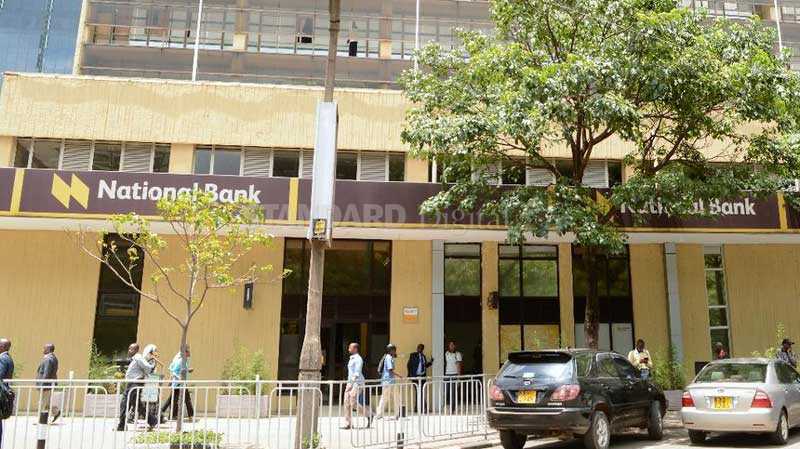×
The Standard e-Paper
Join Thousands Daily

A judgement by the late High Court judge Joseph Onguto has left the future of National Bank of Kenya’s (NBK) board hanging in the balance, opening a loophole for possible litigation on its legality.
Justice Onguto, in the judgement delivered on the last day of February before he collapsed and died on March 2, found that National Social Security Fund (NSSF) did not have a board at the time it elected two members to serve in the NBK board.